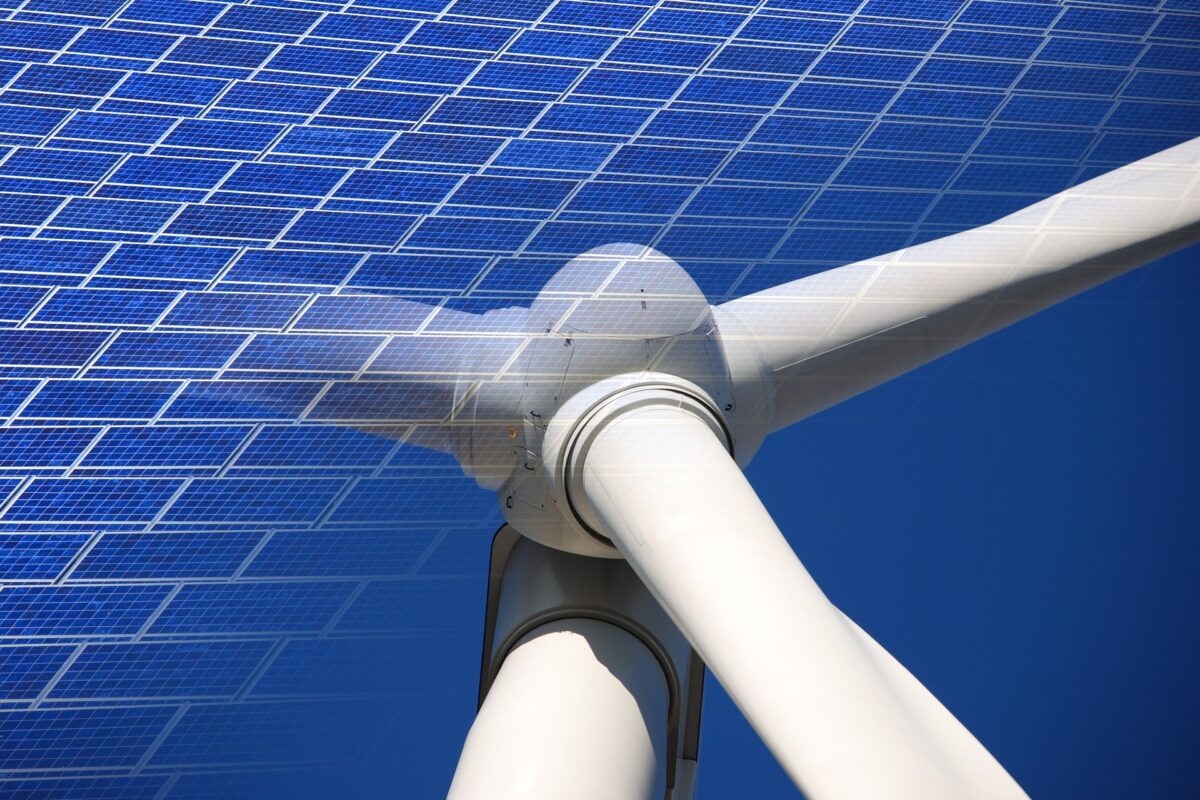The Sunshine State has long thrown shade against third-party ownership of PV systems, but it looks like a fine line danced by Sunrun is bringing light to a new market opportunity.
On Friday, the Florida Public Service Commission (PSC) issued a declaratory statement that a fixed 20-year lease on solar energy equipment does not equate to selling electricity nor being an electricity utility, as such, a fixed 20-year lease is a legally allowable contract – and the lessee is legally allowed to make use of net metering. Power purchase agreements (PPAs) for behind-the-meter solar remain illegal.
The statement highlighted three specific point that drove the PSC’s decision:
- Sunrun’s residential solar equipment lease does not constitute a sale of electricity;
- Offering its solar equipment lease to customers in Florida will not cause Sunrun to be a public utility under Florida law; and
- The residential solar equipment lease will not subject Sunrun or its customer-lessees to Commission regulation.
Technically, Florida has always allowed for leasing of energy equipment. However, the law states that you cannot sell the electricity as part of that transaction, only a fixed price on the leased hardware. The logic goes, if you’re selling electricity then you must be a public utility – and if you’re a public utility you have to be regulated by the PSC and follow very specific rules, for instance you must provide electricity to your region 24/7/365. Obviously, a leased solar power system by Sunrun isn’t in the business of 24/7 generation.
This structuring of the law in Florida stems from a 1988 case where a company tried to build a co-generation plant on private land, to feed a single customer. The PSC ruled against it – setting the logic by which third-party ownership would be limited for 30 years. Interestingly, the company was that was told it couldn’t build the plant to feed to individual customer was a subsidiary of an electric utility.
And again, while ‘leasing’ of equipment has always been allowed – the nation’s leaders in residential and commercial solar leasing never ventured into the state. These groups had always focused on writing 20-year PPAs, far longer than a standard equipment lease that ranges from two to ten years. Additionally, no large players thought the legal grey area was worth venturing into.
Third-party solar’s domination of the national residential solar market has waned, after peaking at greater than 70% of all installations. However, there are still many homeowners who aren’t interested in or have challenges in owning a PV system, and this should drive more installations. Due to low labor costs, light contractor regulation and relatively strong sunshine – these lease companies should be able to offer a very compelling product.
It remains to be seen how commercial and industrial (C&I) development groups will react to this ruling. Again, solar leasing has been legal and C&I groups have long had access to more sophisticated finance such as long term bank finance. Therefore the market growth could be muted, or it is possible that many groups has simply ignored the market due to the limitations and may reassess now.
Time to update the projected installation volume models.
This content is protected by copyright and may not be reused. If you want to cooperate with us and would like to reuse some of our content, please contact: editors@pv-magazine.com.








By submitting this form you agree to pv magazine using your data for the purposes of publishing your comment.
Your personal data will only be disclosed or otherwise transmitted to third parties for the purposes of spam filtering or if this is necessary for technical maintenance of the website. Any other transfer to third parties will not take place unless this is justified on the basis of applicable data protection regulations or if pv magazine is legally obliged to do so.
You may revoke this consent at any time with effect for the future, in which case your personal data will be deleted immediately. Otherwise, your data will be deleted if pv magazine has processed your request or the purpose of data storage is fulfilled.
Further information on data privacy can be found in our Data Protection Policy.